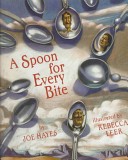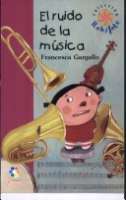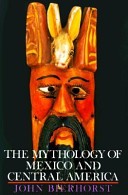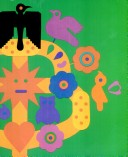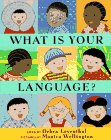
Russian, Japanese, Swahili, Spanish… how does each language sound? What are the people of each culture like? Children can find out with this brightly illustrated introduction to foreign lands. “Along with the pleasure of adventure is the recognition of community with kids everywhere.” -Booklist

